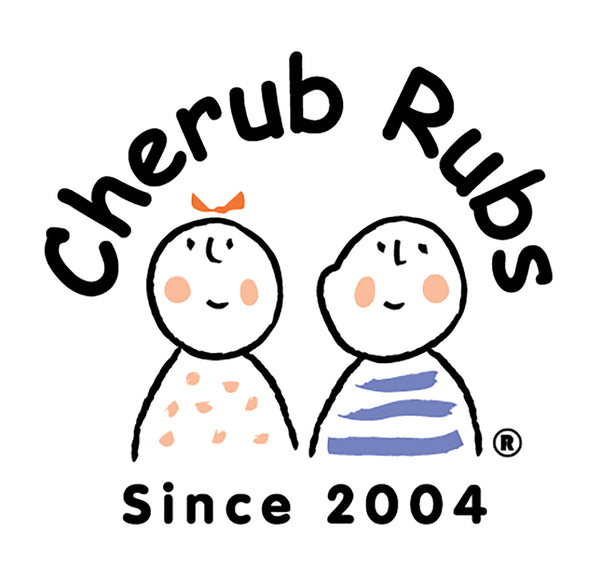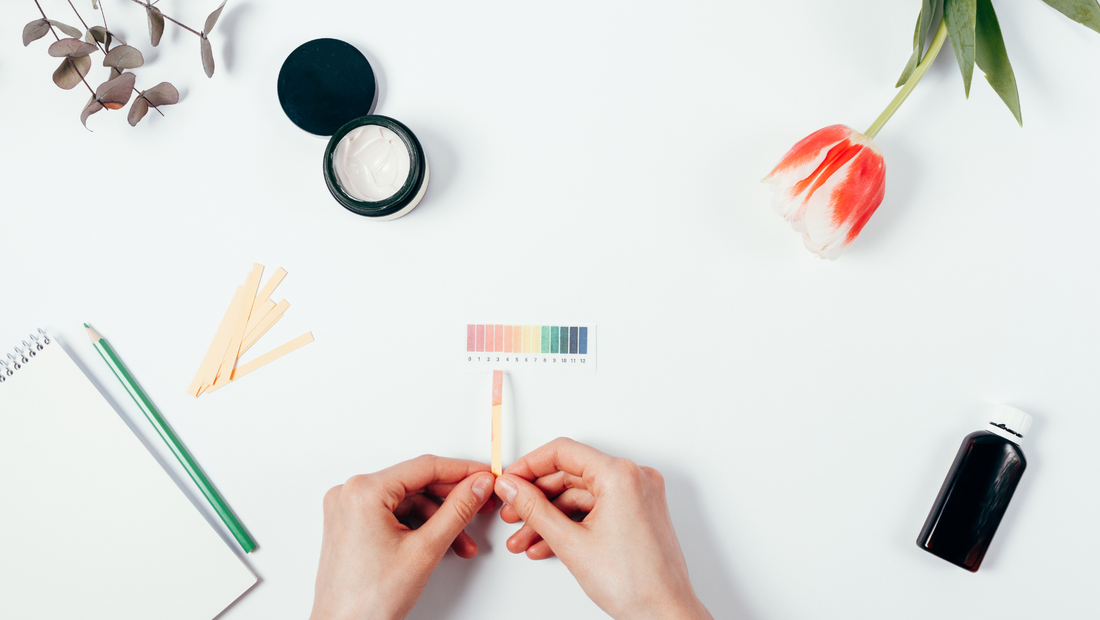Most of us know that our skin is the largest living organ, but what else do you know about your skin?
- Our skin offers the first line of defence against harmful elements in the environment e.g. bacteria, contaminated air like cigarette smoke, dirty water and cosmetics with harmful chemicals.
- Vitamin D is a hormone and not a vitamin. Your skin is responsible for making vitamin D and it is produced when sunlight penetrates the epidermis (outermost layer of your skin).
- Our skin contains around 5 million pores. They open and shut pending on the ambient temperature and your body function. Physical activities like playing sports leads to a hot body – so the pores open and allow sweat to permeate and cool down our body to get our body back to a constant 37 degrees Celsius.
- Skin colour changes can be an indication of how our body is functioning on the inside.
Let’s talk about skin pH!
Let’s start with what is pH?
- Skin pH is the measure of our skin & body condition.
- pH is the chemical scale reading 0-14 defining acid-alkaline condition.
- pH 7 is neutral whilst under 7 indicates acid condition and over 7 is alkaline.
- All natural plant oils are normally slightly below pH6 whilst soap & detergent are usually strong alkali.
- An important factor in pH is the logarithmic scale meaning pH7 to pH8 is 10 times more alkaline or pH7 to pH9 implies 100 times more alkaline.
Normal adult skin has pH of around 5.5 (subject to conditions). Sweat, normally a transparent biofluid, is slightly acidic in nature has a mean pH of 6.3.
Infant skin pH levels are higher than those of adult skin, which is usually characterised by a pH value around 5.5. Newborns have alkaline skin surfaces, ranging from 6.3 to 7.5, depending on the anatomical site (visit Skin Physiology of the Neonate and Infant: Clinical Implications for further reading).
Using products that are not pH neutral to the skin may lead to dry, itchy or flaky skin.
Let's talk about soaps and cleansers!
Our body’s natural skin lotion, Sebum, is an oily substance produced in the sebaceous glands. It mixes with fat molecules, called lipids, to form a protective coating on the skin’s surface. These lipids help hydrate the skin and protect it from potentially harmful pathogens, such as bacteria and fungi.
Most cleansers are alkaline with soap being the harshest with a pH of between 9-11. Using harsh soaps will clean out all our natural skin oil (sebum) and leave us with dry skin which can lead to itchy skin or eczema as well as promote premature skin ageing.
Cherub Rubs Baby Safe Hair and Body Wash is specifically designed to complement our natural sebum pH. With a blend of natural essential oils and plant based foaming agent, our body wash maintains a similar pH to sebum.
Let’s talk about HEALTHY skin!
We need our skin looking good on the outside whilst being healthy on the inside.
Our natural essential oils contain vitamins A. C and E which are the basic building blocks for nourishing and maintaining healthy skin (you can read our blog on How to ACE Healthy Skin here)
Remember the vitamin D we spoke about earlier? This is also vital for healthy skin as it contributes to cell growth repair and metabolism – a short, daily exposure to the sun will do the trick!
Finally, ensure you and your Cherub have a well-balanced diet. Be sure to consume water, fish, leafy greens, fruit, nuts, legumes, and dairy products in your diet as these products contain the vitamins your body needs to keep your skin happy!

